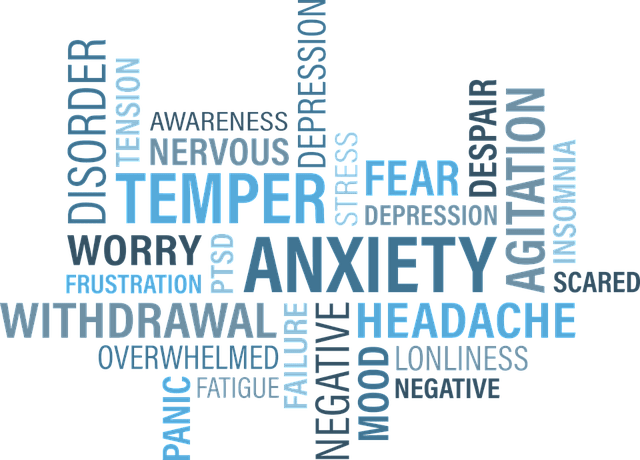The process of becoming and remaining recovered from an eating disorder treatment program is never perfect;triggers for relapse can happen at any time and to anyone. While most treatment centers prepare their charges for re-entry into daily life with the tools needed to maintain recovery, there are certain techniques a recovered person can use to avoid these triggers. These are especially useful for teenagers and young adults who’ve undergone treatment during those essential formative years.
By understanding the most common roadblocks to avoid, parents can help their kids sidestep the triggers that cause relapses of disordered eating behaviors. The following tips are essential to helping parents and teenagers with eating disorders continue their recovery well beyond their time in treatment.
Falling Back Into Unhealthy Coping Techniques
Although eating disorder treatment centers teach productive coping skills to replace disordered eating behaviors, adolescents face a lot of different stressors that may take a toll if not properly addressed. When adolescents begin to revert back to using disordered behaviors to cope with these stressors, they can put themselves at risk for relapse.
As an example of relapsing into disordered behaviors, consider someone who has gone through treatment for bulimia nervosa. During treatment, they may have learned how to meditate or do yoga when they feel stressed or unhappy about their body instead of binge eating and then purging. But back in the world outside the treatment center, they might go through a breakup or lose their job (or even be forced to live through a global pandemic), and instead of using the techniques learned in treatment, they could go back to the earlier disordered behaviors.
When adolescents or adults can rely on healthy coping skills learned in treatment, they are better able to avoid disordered behaviors overall. The recovery process is a lifelong venture that children need to learn how to manage themselves, but this comes with time. Parents can take advantage of family support classes to learn more about eating disorders and what they can do to help their child recover.
Arguing About Symptoms, Behaviors, and Thought Patterns
Parents might think that presenting an argument based on logic about the dangers of eating disorders and disordered thought patterns will convince their adolescent to simply stop having an eating disorder. Unfortunately, disordered eating behaviors, by definition, defy logic. Normally, continued behavioral therapy is necessary to change their attitudes and actions. And trying to argue with your child about these patterns without professional help can be counterproductive and push them further into those disordered patterns.
Simply trying to argue the point does very little in helping kids return to healthy thought patterns and behaviors. Even if it temporarily helps, it enforces negative feelings about the situation and makes the child less likely to reach out for help. Instead of using logic, it is important to reach out to the professionals at eating disorder recovery centers for additional support. Before treatment, parents might want to involve a professional therapist or interventionist to discuss these issues rather than trying to tackle them personally.
After treatment, parents should continue to avoid negativity or arguments regarding eating disorders. There may be a need to return to the eating disorder treatment centers for additional care and guidance on day treatment or outpatient basis. If a potential relapse is caught early, it is much easier to avoid returning to disordered eating patterns, so keep an open line of non-judgmental discussion open. Alumni groups provided by the treatment center can also help in this regard. Parents can usually attend these sessions and workshops alongside their children to learn how to provide their support through every stage of recovery.
Stay Involved Long After Treatment Is Over
As kids return home from eating disorder treatment centers, parents often want to respect their space and may give too much freedom too soon. Although a certain amount of autonomy and responsibility for themselves is needed for a teenager’s full recovery from an eating disorder, they will need continued support for months if not years following residential treatment. Nothing gives an adolescent a better shot at maintaining recovery long-term than parental support.
This doesn’t mean coddling, however. Setting clear guidelines about communication and responsibility not only helps parents maintain equilibrium,it communicates their love and support to their child. Children and teens struggling with mental health disorders tend to thrive when they have clear rules to follow. As they are still learning and developing, children cannot always follow their plan in remaining recovered. They benefit from having their parents act as a guide in making the right choices for their continued wellbeing.
If your child is showing the signs of an eating disorder, don’t panic. There is always a way to help them get better. Reach out to your family doctor or an adolescent eating disorder treatment center, and see them on the path to recovery.

